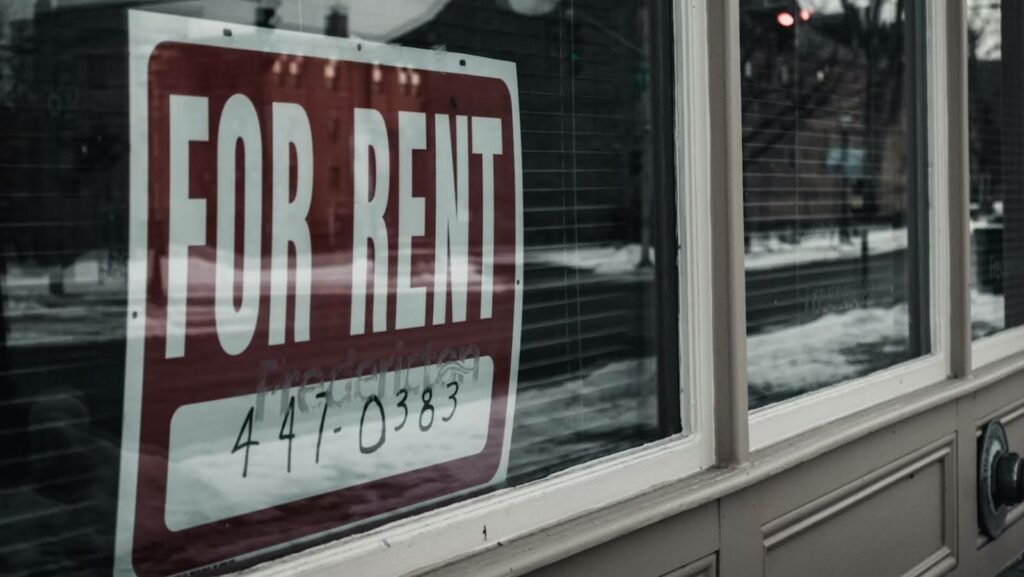In today’s rental market, late rent payments can quickly create tension between landlords and tenants. While property owners need to protect their income, many tenants are dealing with job loss, medical bills, or unexpected emergencies. Handling these situations with both professionalism and empathy is key to avoiding conflict and maintaining stable tenancy. Across communities, clear communication, proactive planning, and the right tools can help landlords manage late payments more effectively. This guide offers practical strategies for navigating rent issues with confidence—and compassion.
Establishing Open Communication From Day One
Preventing problems starts long before rent is late. During move-in, landlords should clearly outline rent due dates, penalties, and communication protocols in both the lease and welcome documents.
Set Clear Expectations Early
A written lease that defines rent due dates, grace periods, and late fees helps avoid ambiguity. Go a step further by discussing these terms out loud. Some tenants may not fully absorb written terms alone. Setting expectations early creates a mutual understanding that helps frame future conversations.
Encourage Proactive Updates
Let tenants know it’s okay to speak up if they anticipate payment delays. Tenants who feel safe disclosing hardship early are more likely to cooperate. A quick message saying, “I may be late this month—can we talk?” is far better than silence. Make it clear you’re open to hearing from them early, not just when problems arise.
Responding Professionally When Rent Is Late
Once rent is overdue, emotions can run high. Acting professionally and staying composed preserves the relationship and keeps you in control of the situation.
Don’t Jump to Legal Threats
Tenants are more likely to respond positively when approached with respect. Instead of leading with notices or warnings, send a courteous rent reminder within a day or two. Use calm, non-accusatory language. A message like “Just a reminder that your rent is past due—please let me know if there’s been a delay” goes a long way.
Assess the Reason for Delay
Not all late payments mean instability. A tenant who’s always paid on time may just be dealing with a temporary hurdle. Before taking further steps, try to understand what’s happening. Many landlords, especially those with growing portfolios, use property management tools or services. These tools help track payment history and flag issues early. With this information, landlords can respond more consistently and with better context.
Offering Flexible Payment Solutions
In some cases, a rigid approach can worsen the problem. Offering options can help tenants catch up without putting your finances at risk.
Consider a Payment Plan
Short, structured repayment plans can help tenants bridge a tough month while keeping you informed.

For example, if rent is $1,000 and the tenant can pay $600 now, propose that the remaining $400 be split over the next two pay cycles. Get it in writing and be specific about dates and amounts.
Temporary Rent Deferment
If a tenant is facing a short-term crisis, such as a medical emergency or natural disaster, deferment may be more appropriate than strict enforcement. Set a clear timeline for when full payments will resume and whether any back rent will be due in installments.
Highlighting Outside Financial Resources
Some tenants may not know there are options beyond borrowing from family or skipping rent entirely. As a landlord, you’re not expected to solve their financial problems, but being aware of a few legitimate resources can help guide tenants toward temporary relief.
Emergency Rental Assistance Programs
Many cities and counties offer rental relief programs designed to prevent eviction. These services, typically run through nonprofit or municipal partnerships, may cover a portion or all of the missed payment. You’re not just protecting your income by pointing tenants to these programs—you’re also helping them stay housed.
Short-Term Personal Loans
For tenants who don’t qualify for rental assistance or need quicker access to funds, borrowing money may feel like the only option. While some may consider high-risk choices such as payday loans, these should be viewed strictly as a last resort due to their steep fees and short repayment cycles. A smarter short-term borrowing solution can offer more manageable terms and greater financial stability. Although landlords shouldn’t actively promote borrowing, they can acknowledge it as one of several emergency options—while urging tenants to choose reputable lenders and fully understand the repayment obligations.
Local Charities and Hardship Grants
In many communities, local nonprofits or churches offer emergency grants for housing costs. These are often one-time solutions that don’t require repayment. Providing a short list of nearby resources can show tenants you’re being proactive without putting yourself at financial risk.
Document Everything Without Escalating
Even if things are going smoothly, keep records of communication and payment attempts. It protects both you and your tenant should the matter move to mediation or legal stages.
Use Written Agreements
Any time you agree to defer rent, waive late fees, or accept partial payments, document it. A signed payment plan, even informally via email, creates accountability. If the tenant fails to follow through, you’ll have a record of what was agreed upon.
Track All Correspondence
Save texts, emails, and phone notes related to rent discussions. Keeping a professional tone and record gives you the upper hand if things get disputed later. If eviction becomes necessary, courts value clear documentation.
Know When to Take Formal Action
Compassion has its limits. If a tenant stops communicating or repeatedly violates payment terms, it’s time to enforce your rights as a landlord.
Deliver a Legal Notice
If no progress is made after reminders and reasonable flexibility, deliver the appropriate notice to pay or vacate, as required in your state. Follow the timelines and procedures strictly to preserve your rights if the issue goes to court.
File for Eviction Only as a Last Resort
Evictions are costly, time-consuming, and emotionally draining. They also result in a vacant unit that generates no income.

Exhaust all other options first, but don’t let indecision paralyze you if a tenant is clearly not intending to resolve the issue.
Balancing Empathy With Business Sense
Being a landlord is a business, but it also involves working with people in real-world situations. Late rent doesn’t always mean disrespect or negligence. It can stem from a system that many tenants are one paycheck away from falling behind.
By establishing clear expectations, offering structured flexibility, and staying open to solutions like rent loans or hardship grants, landlords can reduce friction and protect their bottom line. Tenants appreciate understanding, but they also respect structure. With the right approach, you can maintain both.

